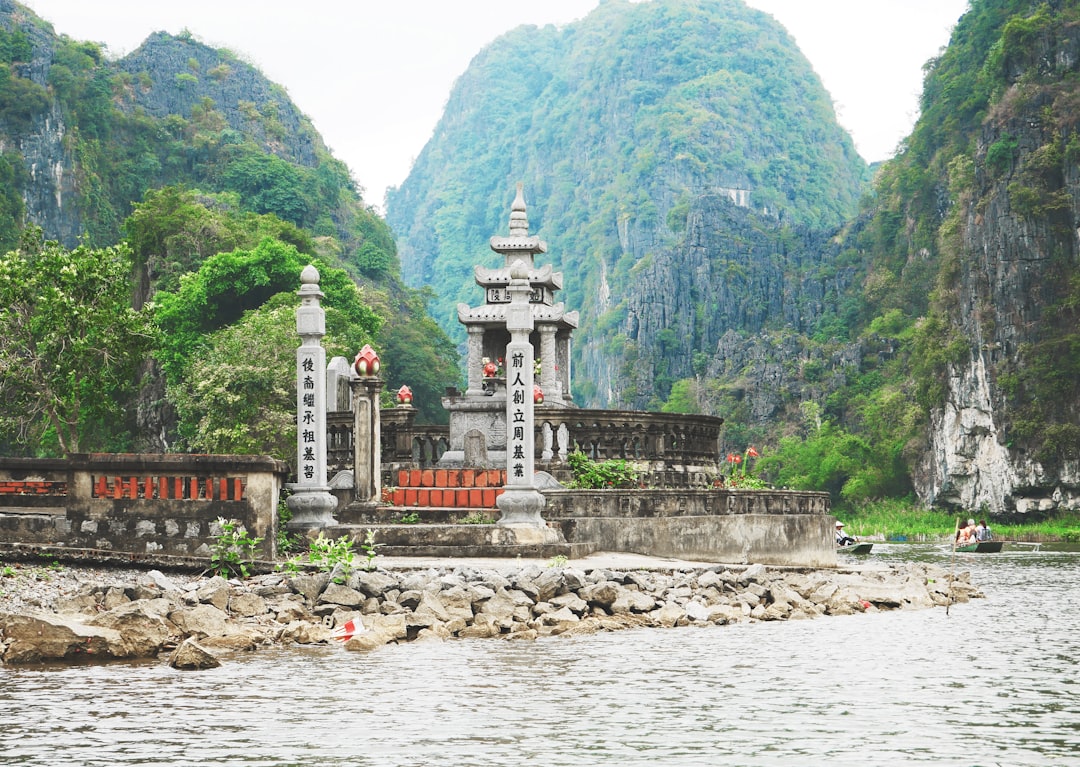What is it about?
This study reassesses the concept of the Anthropocene as a new geological age as it is influencing contemporary debates in social theory. As a unit of geological time whose changes are allegedly caused, directly and indirectly, by human beings, this scientific concept challenges the existing constructions of theoretical binaries, such as nature/culture, environment/society, objectivity/subjectivity or happenstance/design, that prop up this notion in social theory. The analysis asserts too many understandings of the Anthropocene in social theory are politicized over-interpretations of natural events. These developments appear to be anchoring moral rhetorics of, and operational plans for, managing the Anthropocene to create specific outcomes for those who are the managers as well as the managed. The fact that human beings do not, in fact, have this measure of technical control over most natural processes is ignored by the advocates of Anthropocenarian politics to advance their policy agendas.
Featured Image
Why is it important?
Far too many studies of the Anthropocene treat it as a foregone conclusion or widely accepted convention. At some point, this might occur, but it has not yet happened. What are the political implications of taking this shortcut, who might benefit or be harmed by this action, and why are the standard practices of existing natural science research being ignored for rhetorical, political or ideological purposes?
Read the Original
This page is a summary of: Reconstructing social theory and the Anthropocene, European Journal of Social Theory, July 2016, SAGE Publications,
DOI: 10.1177/1368431016647971.
You can read the full text:
Contributors
The following have contributed to this page










